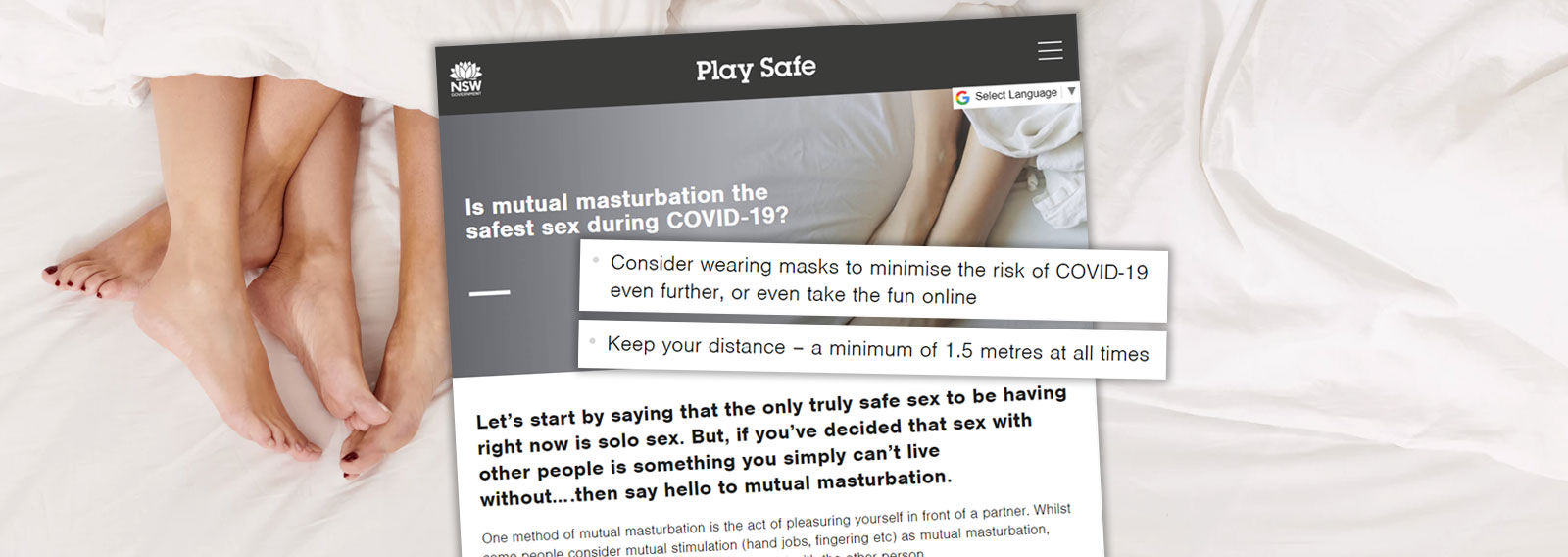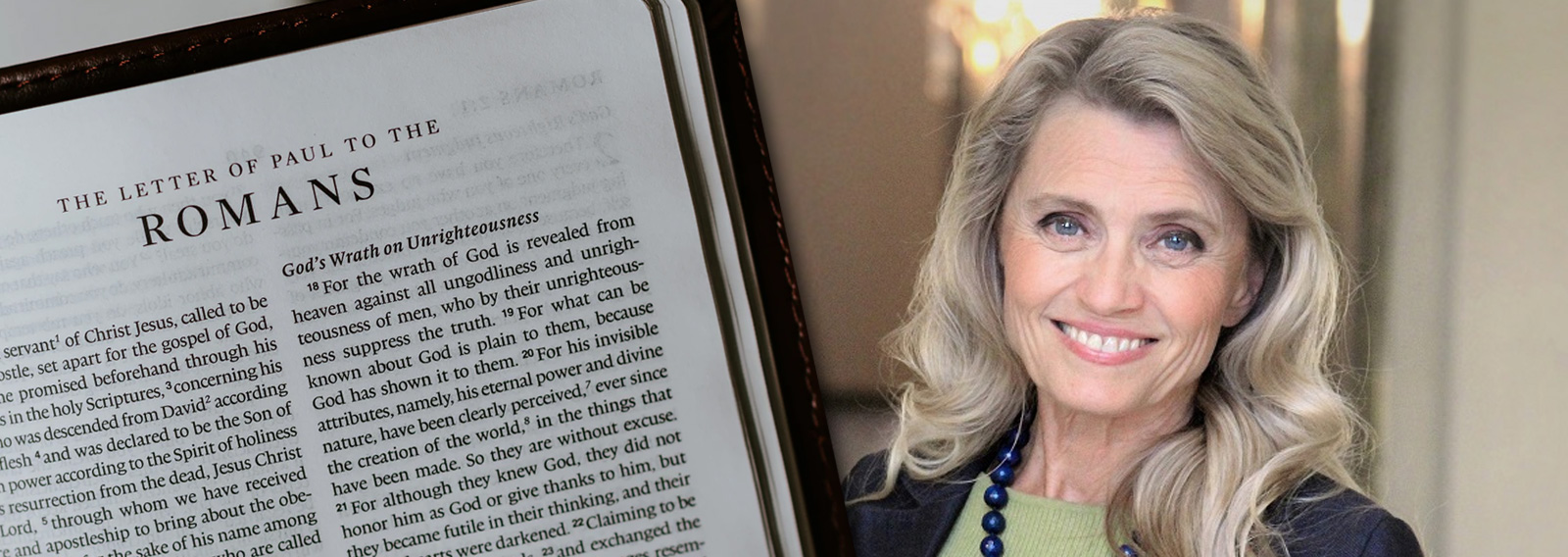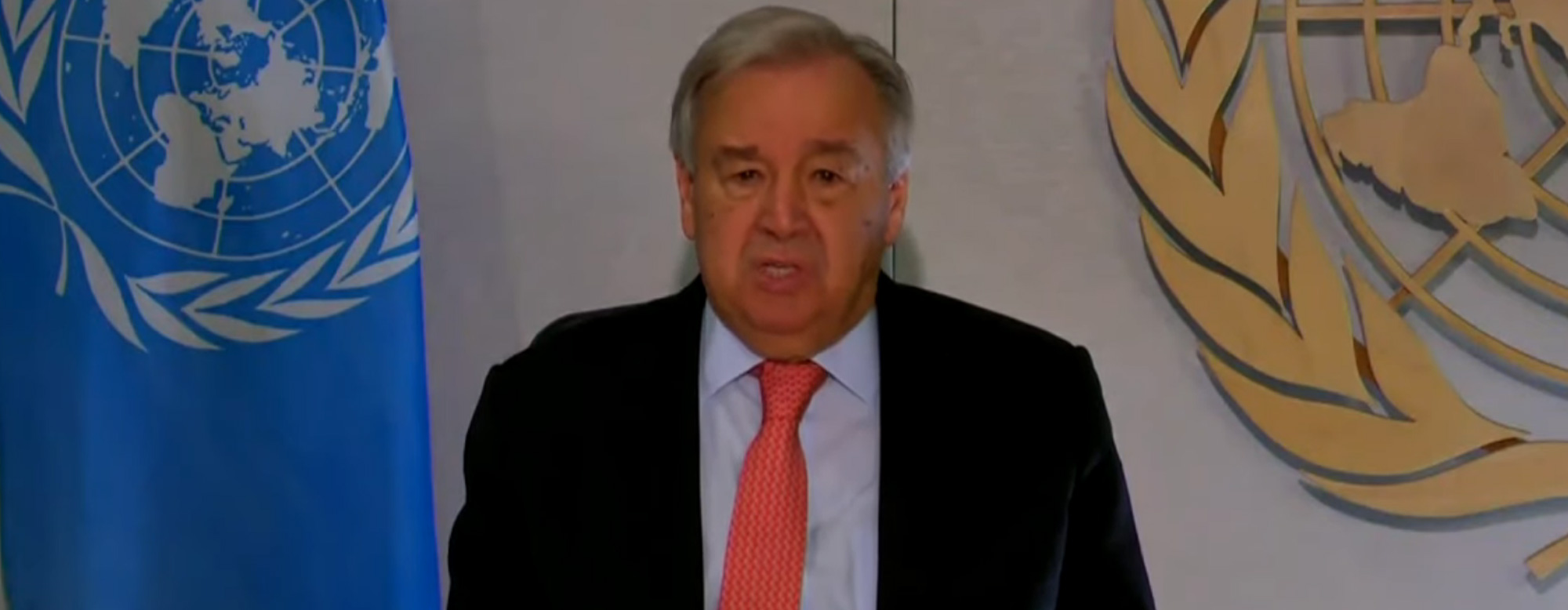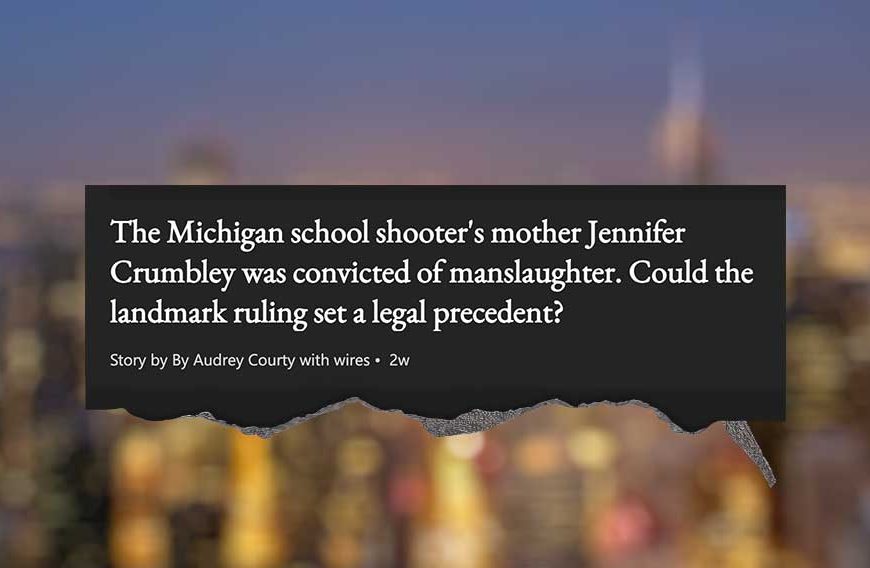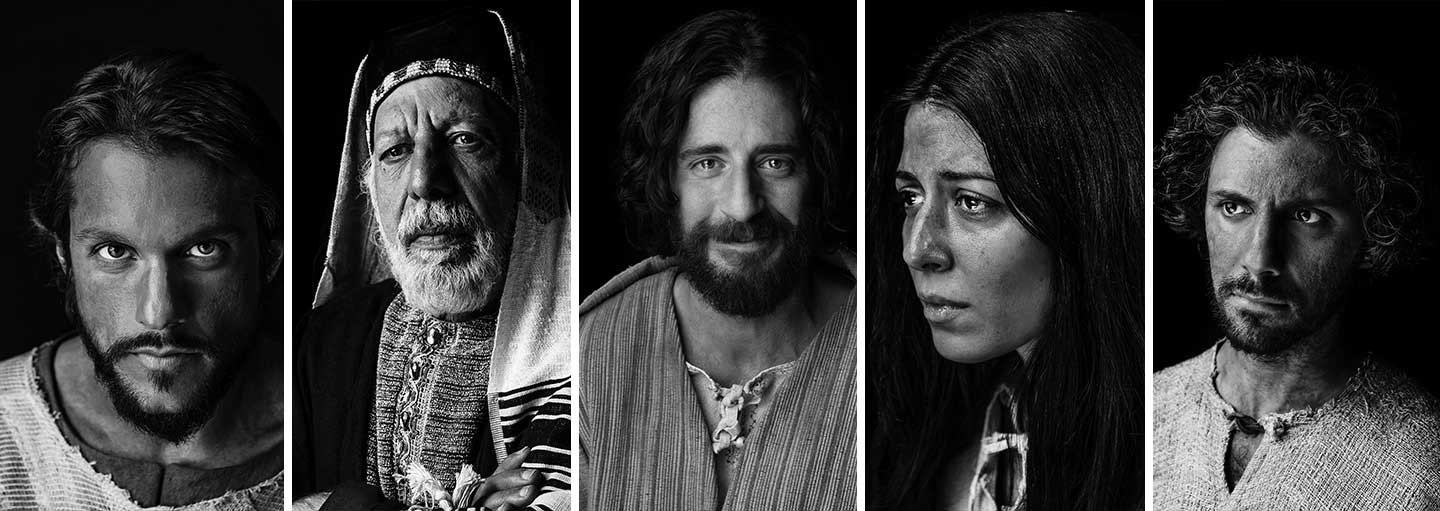I am going to vote ‘No’ to the Voice.
There are many good reasons to vote ‘No’. In my thinking through the issue, I have repeatedly found that there is one main reason that I will be voting ‘No’ which seems to be absent from most Christian commentary.
I am voting ‘No’ to the Voice because of the pagan culture that the proponents of the Voice are seeking to impose on Australian society.
The Voice proposal itself is free from pagan ideas. However, those asking for The Voice and promoting The Voice have a clear pagan philosophy and have explicitly stated that they wish for their pagan culture to be celebrated and propagated in Australia. The Voice is part of how they wish to push these pagan ideas.
This is sufficient reason for me to vote ‘No’ and it is why I think all Christians should vote ‘No’.
Discussions regarding how we can best love our neighbour and pursue reconciliation are worth having but are secondary to my concern.
There are two great commandments and they are in this order (Matthew 22:34-40):
- Love the Lord your God with all your heart, soul, and mind,
- Love your neighbour as yourself.
If The Voice has a pagan religious element to it then we must discuss it in terms of the first great commandment before we worry about the second.
Is There Paganism Behind The Voice?
All discussions about The Voice refer to The Uluru Statement from the Heart. If you have not read The Uluru Statement, please make sure you do so before you vote at the Referendum. It is a key background document for The Voice proposal.
Even Christian supporters of The Voice point back to The Uluru Statement as significant in their assessment of The Voice proposal. However, I am yet to see a Christian advocate of The Voice address what I consider to be the key paragraph in The Uluru Statement. Here is that paragraph:
This sovereignty is spiritual notion: the ancestral tie between the land, or ‘mother nature’, and the Aboriginal and Torres Strait Islander peoples who were born therefrom, remain attached thereto, and must one day return thither to be united with our ancestors. This link is the basis of the ownership of the soil, or better, of sovereignty.
You can see a few things from this paragraph.
Firstly, the writers of The Uluru Statement are not materialists. They are writing from a spiritual worldview. Not only that, but their spirituality is at the root of their argument. They claim sovereignty over Australia (a claim which is worth questioning, considering that there were over 300 indigenous nations who were not – and still are not – always at peace with one another. If that is the case, how can one united group of Indigenous people claim to represent all of these groups?). The basis of this claim of sovereignty is their spiritual ties to the land.
Secondly, their spirituality is pagan. Notice that they reference a spiritual tie to the land, or ‘mother nature’. Notice that they believe that they are born from the land. Notice how they believe they will be reunited with their ancestors when they die and are returned to the land from whence they came. The Aboriginal culture on which The Uluru Statement stands is nature-worship, ancestor-worship, animism. It is pagan.
This should tell us something about the Indigenous people who gathered to write and sign The Uluru Statement. No Bible-believing, thoughtful Christian should be able to sign a statement like this.
Christians know that we are not born from ‘mother nature’, we are hand-made by God. We know that we have no spiritual tie to the land, the land is owned by God and He gives it to whom He will (see Deuteronomy 2-3 – notice Deut 2:19, for instance). Christians know that we do not return to the land to be reunited with our ancestors – our body might return to the earth for now, but our soul returns to God to either be with Christ or to be eternally judged (Ecclesiastes 12:7, Matthew 25:31-46).
In the 2016 Census, 54% of Aboriginal people stated affiliation with a Christian denomination (down from over 70% in 1996). Does The Uluru Statement reflect the view of Christian Aboriginals? It certainly doesn’t reflect the view of their religion.
It is worth noting that political methods and bodies are dominated by those who are active in political spaces. There is no reason to think that The Uluru Statement or The Voice does or will represent all Indigenous people. They represent those Indigenous people who are politically active and are pursuing a particular political solution – that of more power. The Uluru Statement says as much which is why you must read it. Look for what it says about power imbalance and structural problems. These are Marxist ideas and Marx’s solution is for those who feel powerless to overthrow the powerful and to grasp power for themselves. Does that sound like a Christian approach?
Will The Voice push Pagan Spirituality into Australian Culture?
You might think that this nature-worshipping spirituality is just the basis of the notion of nationhood to the Indigenous people who wrote The Uluru Statement but has nothing to do with the impact The Voice will have on Australia.
Keep reading The Uluru Statement and you will come to this paragraph:
We seek constitutional reforms to empower our people and take a rightful place in our own country. When we have power over our destiny our children will flourish. They will walk in two worlds and their culture will be a gift to their country.
The pagan, ancestor-worshipping culture referrenced as the basis of Aboriginal rights is what the writers of The Uluru Statement intend for their children to ‘gift to their country’.
There should be no doubt that the writers of The Uluru Statement, who are the same people who are asking for The Voice and will likely be the most active participants in The Voice, want to promote Indigenous pagan culture around Australia.
We have already seen this happen in our country with the omnipresent Welcome to Country statements and smoking ceremonies. These cultural artifacts contain pagan spirituality (or see here). The writers of The Uluru Statement want more of pagan Indigenous culture to be integrated into Australian life.
One Reason to Vote ‘No’
In summary, I am voting ‘No’ to the Voice because of the pagan culture that the proponents of the Voice are seeking to impose on Australian society.
I think this is the most important issue regarding The Voice and I think this is sufficient reason to vote ‘No’ regardless of what you think about how The Voice relates to loving your neighbour.
It is never loving to your neighbour to ignore the first commandment – to love the Lord your God.
It is never loving to your neighbour to acknowledge ancestor-worship as something that should be respected. It is never loving to your neighbour to invite a nature-worshipping, pagan culture to be propagated in Australia.
I am voting ‘No’ to The Voice and I hope you will too.






